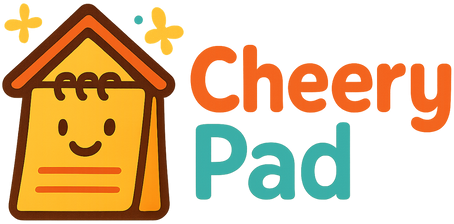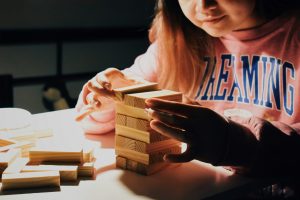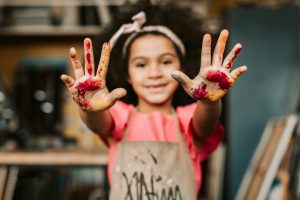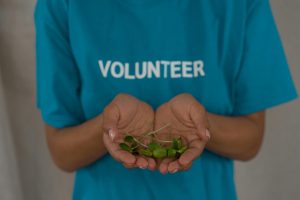Exploring the unexpected lessons we learn from our own students
We all know that being a teacher is a rewarding experience. Not only do we have the opportunity to educate and inspire young minds, but we also have the chance to learn from our students. As educators, we often focus on imparting knowledge and skills to our students, but we often overlook the valuable lessons they can teach us. In this article, we will explore the unexpected lessons we can learn from our own students and how they can make us better teachers and individuals.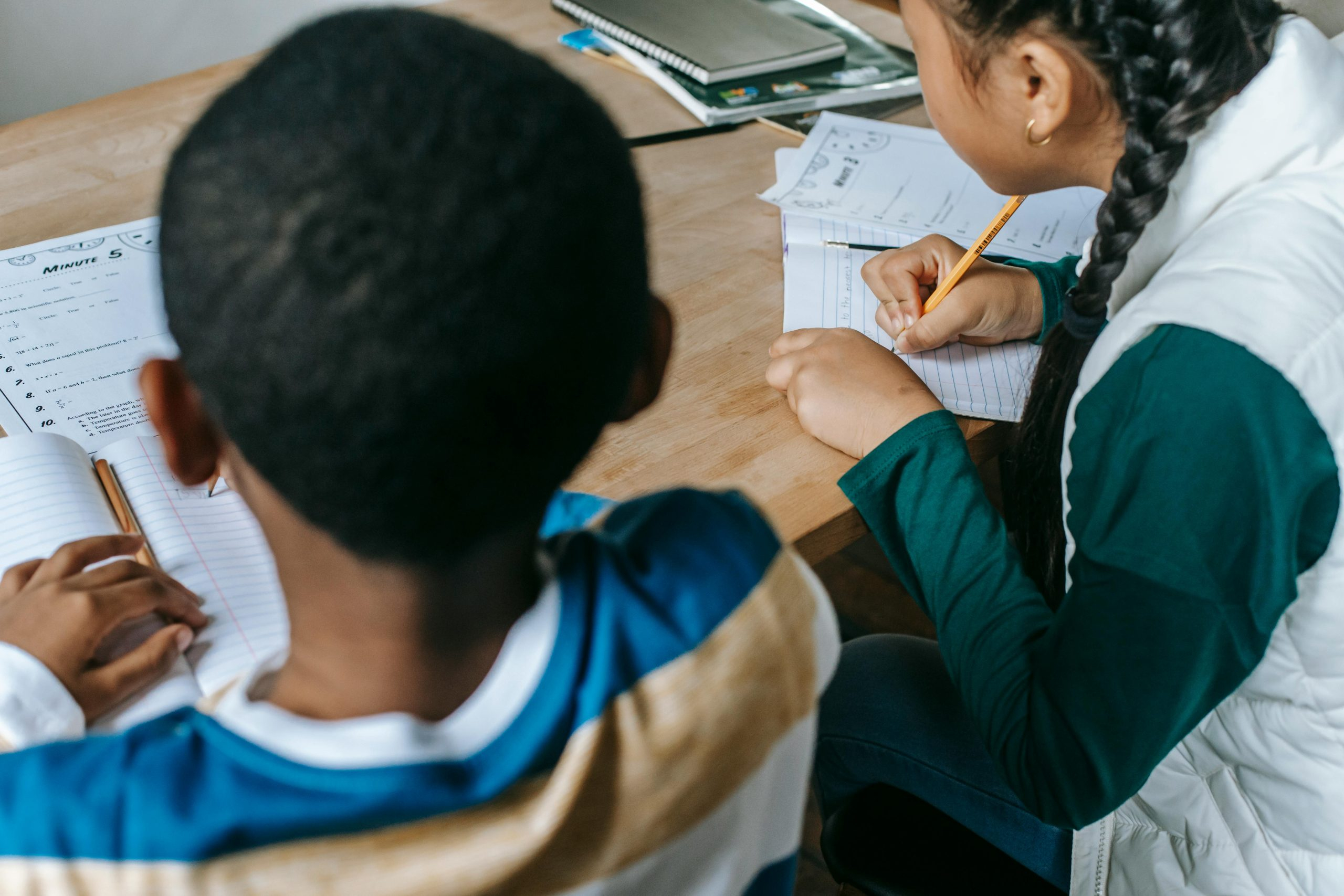
Empathy and Understanding
One of the most important lessons we can learn from our students is empathy and understanding. As teachers, we are responsible for managing a diverse group of students, each with their own unique backgrounds, experiences, and personalities. It can be challenging at times, but by getting to know our students, we can develop a deeper understanding of their struggles, strengths, and interests.
By seeing things from their perspective, we can become more empathetic and create a safe and inclusive learning environment. Our students can also teach us to be more patient and understanding when dealing with difficult situations, as they may be going through personal challenges that we are unaware of.
The Power of Resilience
As adults, we often forget the power of resilience in the face of failure or setbacks. However, our students are constantly facing challenges and learning to bounce back from them. Whether it’s receiving a lower grade than expected or facing rejection from peers, our students are building resilience every day.
By observing how our students handle these situations, we can learn to embrace failure and use it as a learning opportunity. We can also teach ourselves to be more resilient and to model this valuable skill for our students.
The Joy of Curiosity
Children are naturally curious. They have an endless thirst for knowledge and are not afraid to ask questions. As teachers, it is our job to foster and encourage this curiosity in the classroom. However, sometimes we can become so focused on sticking to the curriculum that we forget to nurture this innate quality in our students.
Our students can remind us of the joy of learning and how important it is to be curious about the world around us. By creating a space for exploration and encouraging our students to ask questions, we can also reignite our own curiosity and love for learning.
A Fresh Perspective
As adults, we often get caught up in our own routines and ways of thinking. However, our students can offer a fresh and unique perspective on things. They come from a different generation and have a different outlook on life. By listening to their ideas and opinions, we can learn to see things from a different angle and challenge our own beliefs.
Our students can also introduce us to new trends, technologies, and ideas that we may have otherwise overlooked. By being open-minded and welcoming their viewpoints, we can also create a more dynamic and engaging learning experience for our students.
The Importance of Patience and Flexibility
Every teacher knows that no two students are the same. Each one has their own learning style and pace. Teaching requires a lot of patience and flexibility to accommodate the needs of all students. This is a skill that our students can teach us as well.
Our students may need extra time to grasp a concept, or they may require a different approach to learning. By adapting to their needs and being patient with them, we can not only help them succeed, but we can also become more patient and flexible individuals ourselves.
In Conclusion
The role of a teacher is not just to impart knowledge but to inspire, guide, and learn from our students. They are our greatest teachers, and by being open to the lessons they can teach us, we can become better educators and individuals. So, let’s continue to explore the unexpected lessons we learn from our own students and use them to make a positive impact on their lives and our own.
